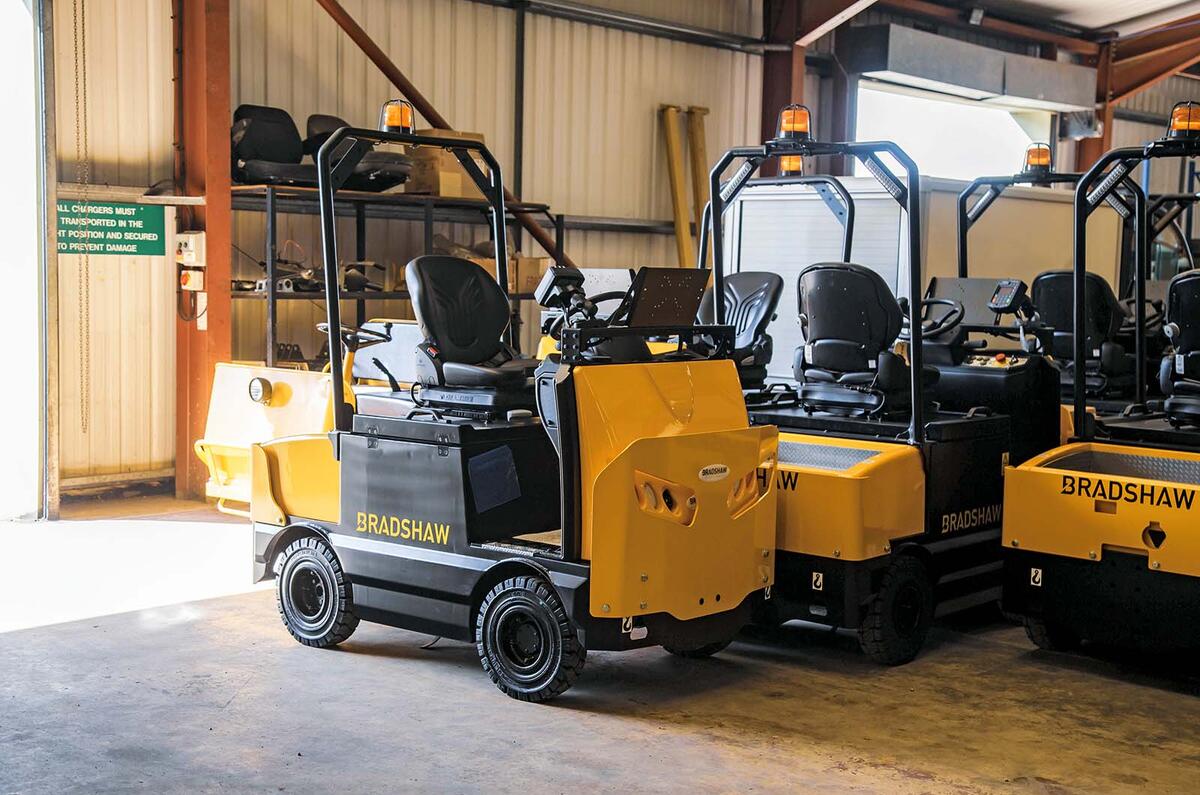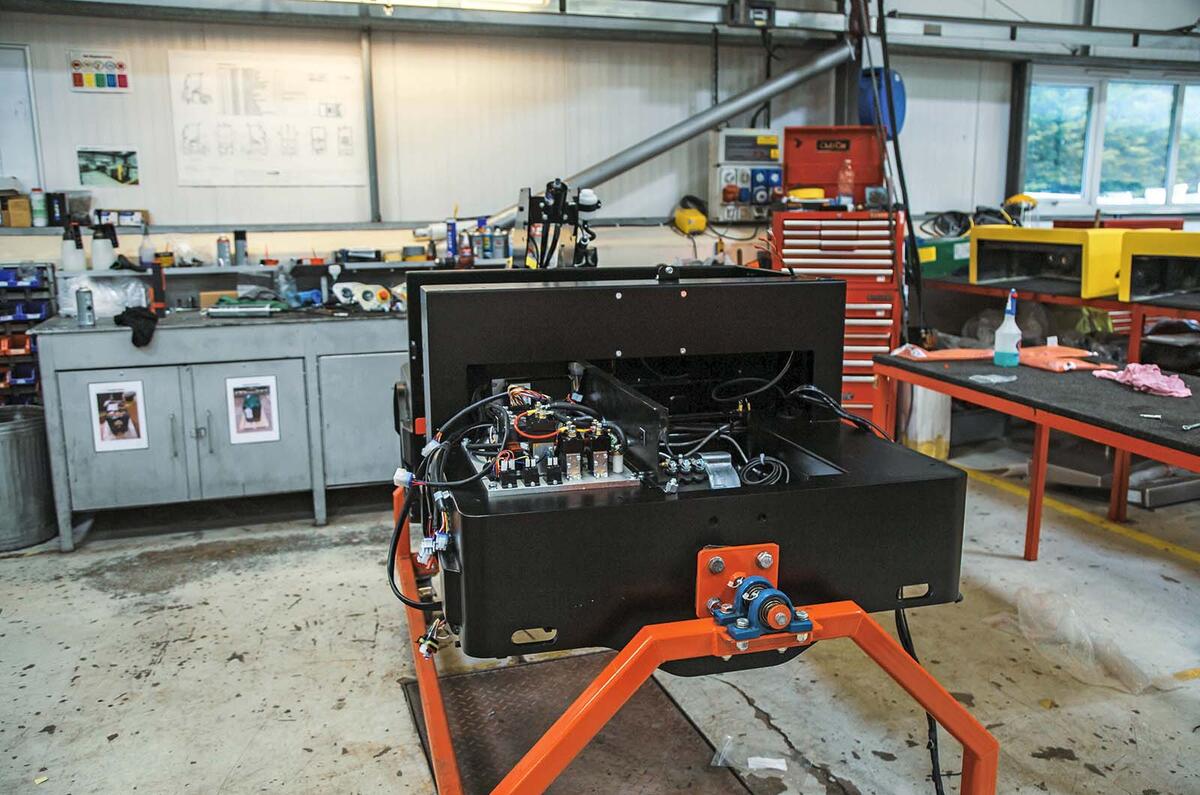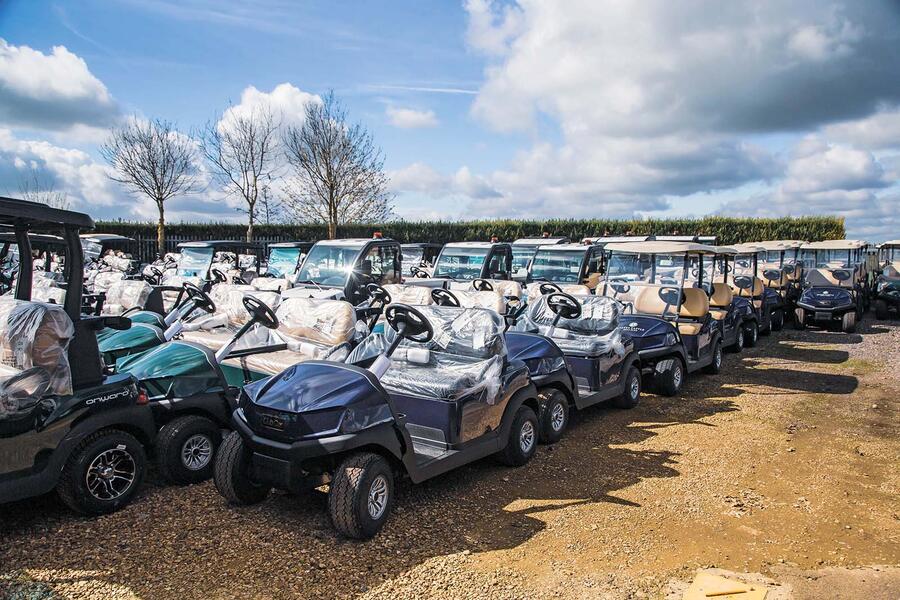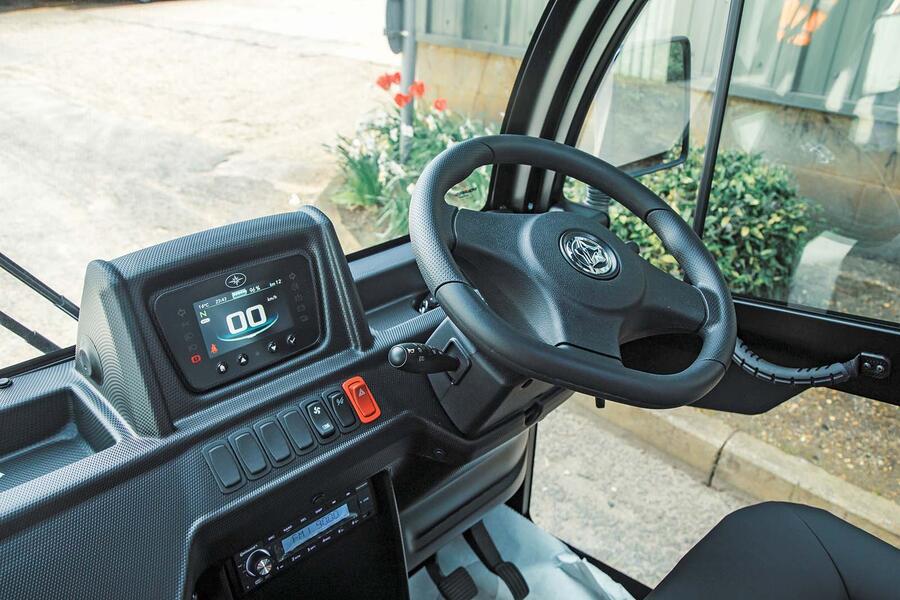As drivers considering making the switch to an electric car anxiously sift through model specs, comparing ranges and PCP bills and plotting the locations of rapid chargers, over at Bradshaw Electric Vehicles they couldn’t be happier with their EVs that have ranges of 28 miles and top speeds of 18mph.
‘Horses for courses’ is the phrase that springs to mind as I survey the Cambridgeshire firm’s range of own-make, French Goupil and American Club Car EVs, some in production, others awaiting dispatch. And it’s one that all EV buyers would do well to remember when browsing the digital brochures.
Why do I need a 250-mile range when all my driving is local? Why am I obsessing over public-charger provision when charging at home will do just fine? Why do I need to be able to do 0-62mph in 5sec when everywhere I go is a 20mph zone?
For Bradshaw, ‘horses for courses’ is defining. The family firm, founded in 1960, makes and distributes EVs for industry – everything from small three- and four-wheeled tractors capable of towing up to 25 tonnes to compact water tenders for factories, from small tugs for pulling giant quarry trucks down production lines to tunnel vehicles with a steering wheel at each end (have you ever tried doing a U-turn in a cramped tunnel?).

For all these applications, pulling power and ease of charging (most just plug straight into a domestic socket for an overnight top-up) rather than speed, range and rate of charging are key.
Bradshaw’s customers tell the firm so. Some also tell it they are quite happy having lead-acid rather than lithium ion batteries, despite the former requiring the occasional liquid top-up, so Bradshaw offers those too.
Depending on the vehicle, choosing a heavier lead battery over the lighter and more energy-rich lithium alternative saves around £6000 on the vehicle’s purchase price, although it does impose a payload penalty.
















Join the debate
Add your comment
Lead-Acid batteries -- very inferior energy density vs. lithium ion, so slow charging and small power. Useless technology except when very slow charging, very low power, is acceptable.
Tractor can also mean "tow vehicle" as well as "farm vehicle".
Once the electric car is better than IC it too will be the default choice but for the majority the technology still has to improve.
And in what sense is an ICE car that pumps out highly poisonous fumes onto pavement.
Better?
Yea that'll do, but you get the idea